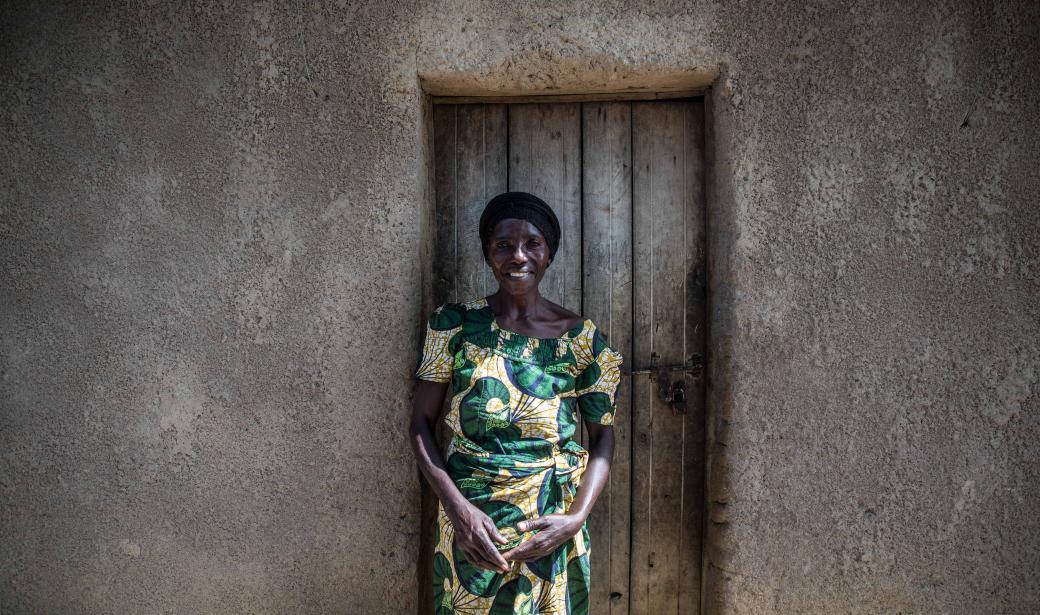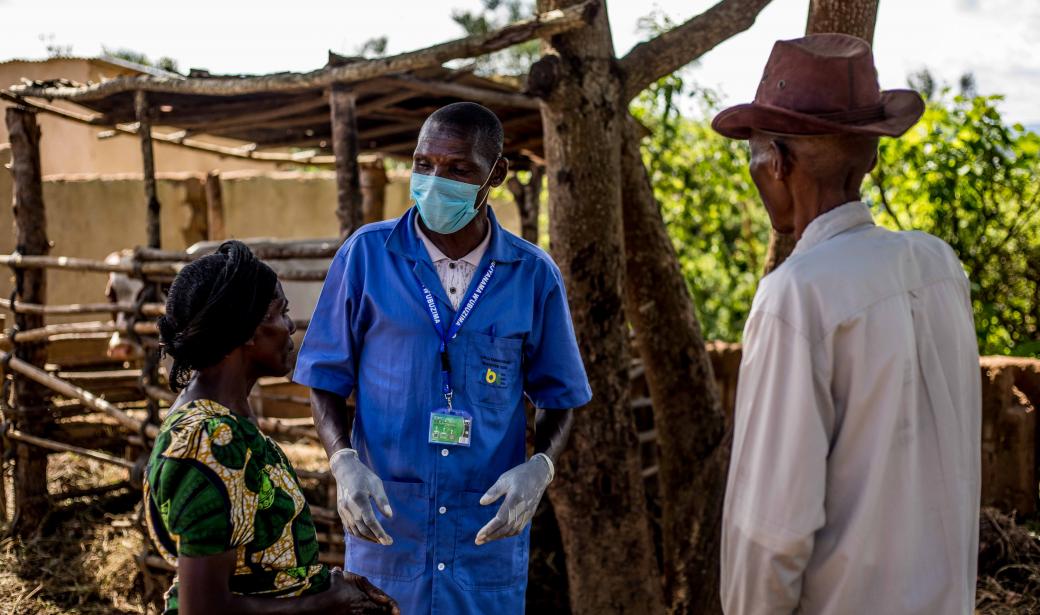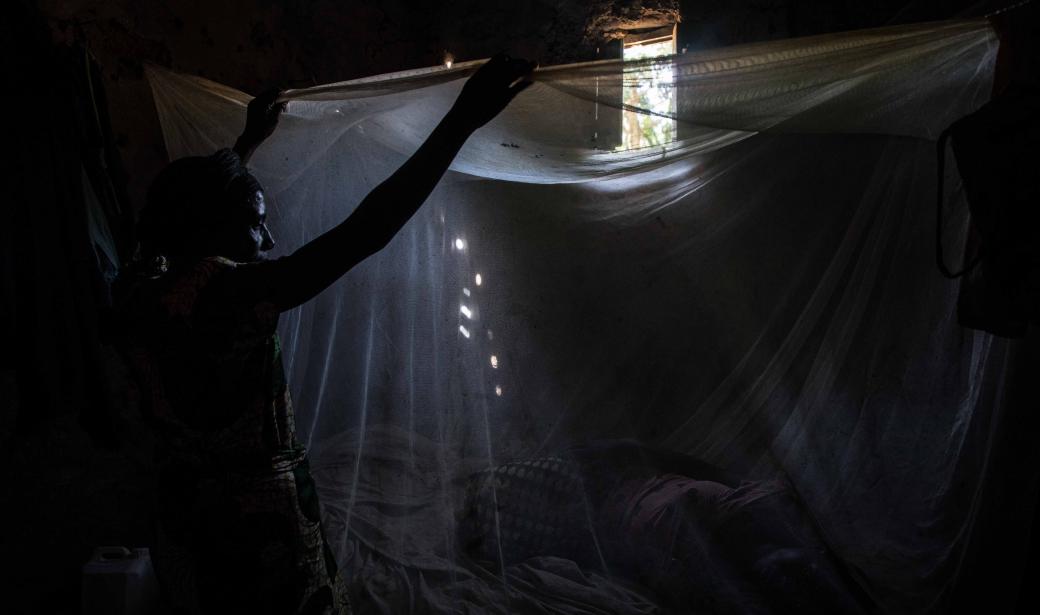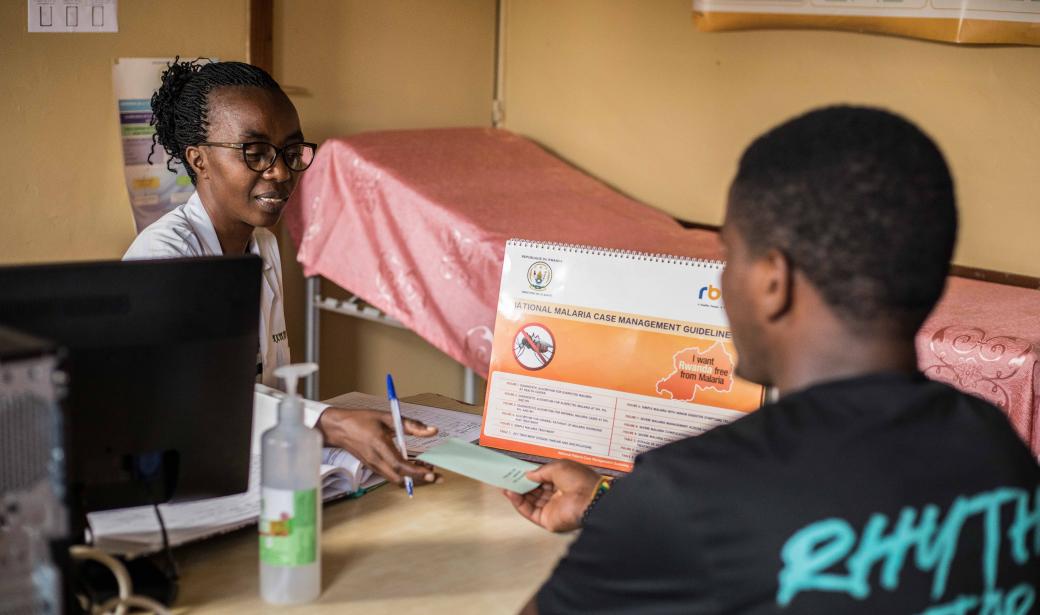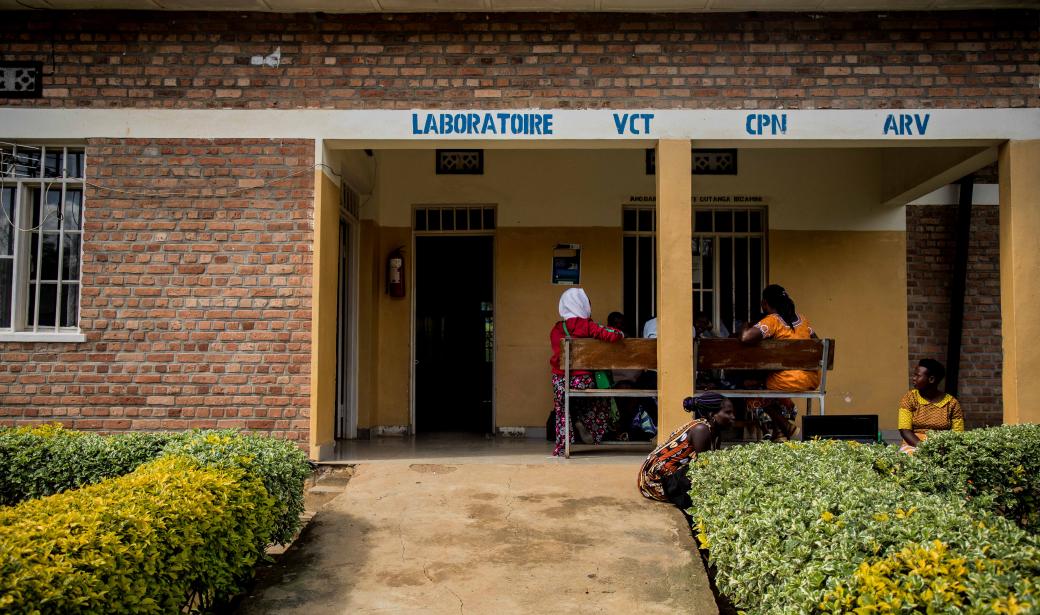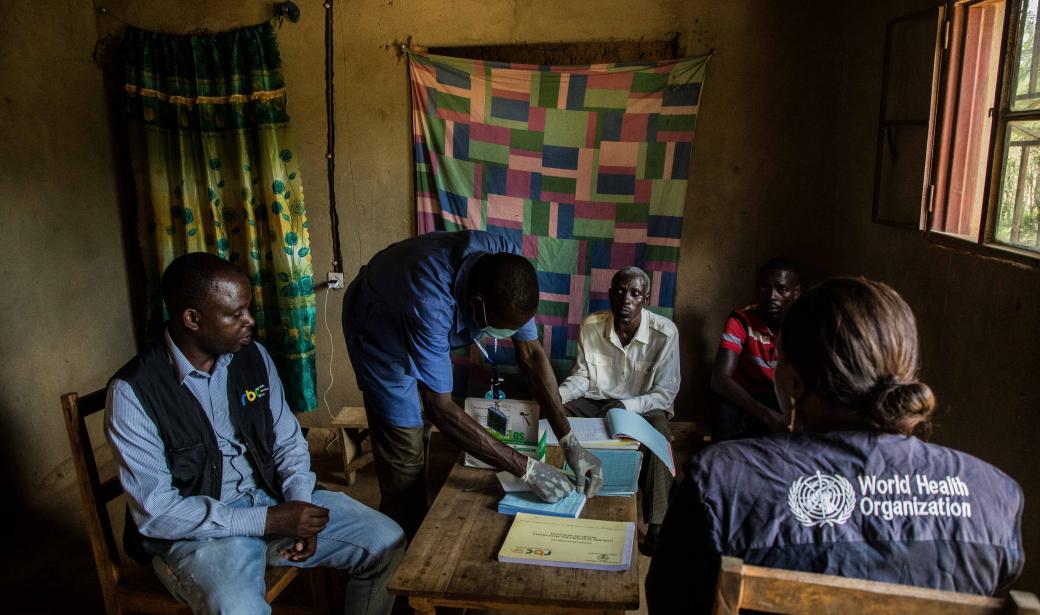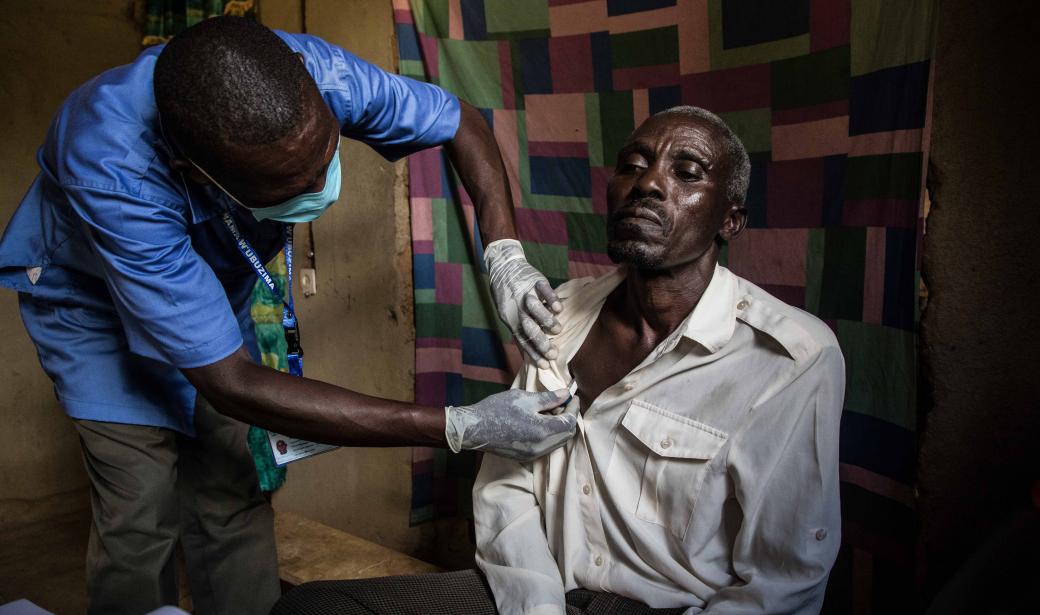Kigali – Over the past seven years, Rwanda has significantly reduced the burden of malaria, with the infection rate dropping from 409 cases per 1000 people in 2016 to just 76 cases per 1000 people in 2022. Malaria deaths also fell by more than 89% over the same period.
This achievement has been possible thanks to efforts by the government, in partnership with World Health Organization (WHO) and other partners, to expand and decentralize malaria control initiatives to the community level through a range of measures from public education to prevention, diagnosis and treatment.
Community health workers have been integral to the country’s efforts to combat the disease. Partnering with WHO, the country has trained 30 000 community health workers to provide comprehensive malaria treatment at home, saving hundreds of lives in the process. In 2022, 55% of all recorded cases were diagnosed and treated by community health workers, compared with 15% in 2016.
In 2016, Esther fell ill with malaria three times in just two months, despite taking medication. “The fever, chills, and weakness left me bedridden and unable to care of my family or tend to my crops. It was a dark time,” she says.
Theoneste educated Esther and her family on the importance of good practices to avert malaria transmission and on other prevention measures including the removal of mosquito breeding sites and the proper use of mosquito nets. It has now been more than two years since Esther had malaria.
“Malaria was constantly haunting us, but Theoneste has been our beacon of light,” she says.
“I receive supplies and training support from Mayange Health Centre, seven kilometres from here. I send weekly updates and they help with referral cases,” says Theoneste. “Being able to make a difference in the lives of people like Esther and other fellow community members is a privilege I cherish every day.”
The country has also increased access to health services for all through its Community Based Health Insurance scheme, helping to ensure that people receive free, prompt malaria treatment.
“Community health workers are the backbone of community health programmes and contribute immensely to managing diseases like malaria,” says Dr Jules Mugabo Semahore, Head of Malaria and Neglected Tropical Diseases at WHO Rwanda. “They play a crucial role in reaching remote and underserved communities with life-saving interventions. WHO continues to partner with the Ministry of Health to capacitate this cornerstone of the fight against malaria.”
He adds that in the coming years, the country plans to tackle the primary challenges to Rwanda’s malaria control programme. This includes the effective management of forms malaria transmission that can persist after achieving full universal coverage with nets and indoor residual spraying, for example, when mosquitoes feed on people who are active or outdoors, or feed on livestock. The country will enhance operational research and digitalize data on malaria cases at village and household levels, addressing the lack of aggregated data this level.
The programme intends to sustain the capacity of community health workers like Theoneste. He is proud of his ongoing contribution towards this fight. "What keeps me going is seeing first-hand the difference that my work makes in my community,” he says. “It’s an incredible feeling.”
External Communication Officer
WHO Rwanda
Tel: +250781131550
Email: mutizwan [at] who.int (mutizwan[at]who[dot]int)
Communication Officer
WHO Regional Office for Africa
Email: ridgardn [at] who.int (ridgardn[at]who[dot]int)
Tel: +254 11 289 0666



